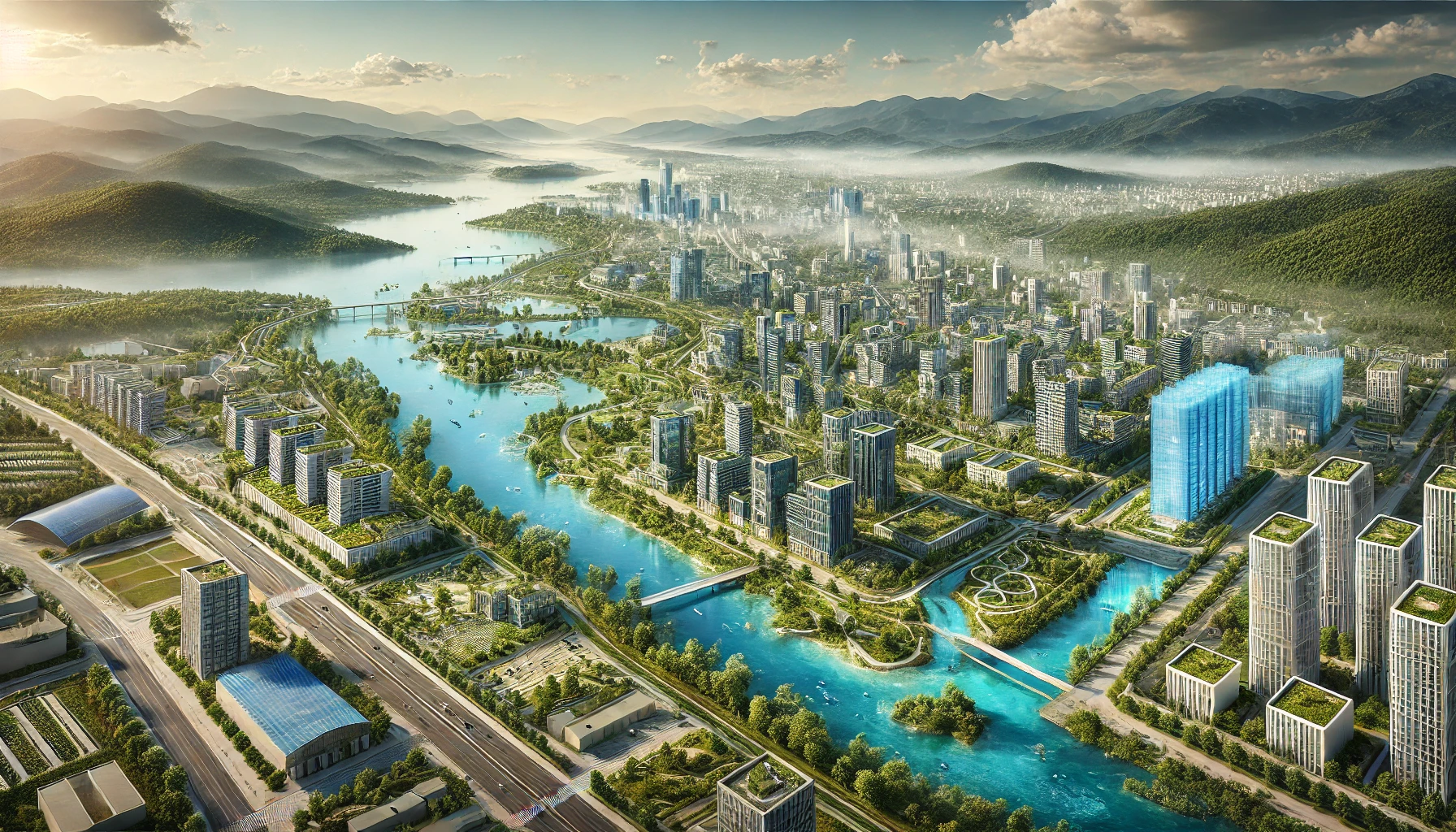Albania has a significant opportunity to enhance its resilience to climate change while unlocking new economic prospects, according to the World Bank Group’s Country Climate and Development Report for Albania, released today. The report emphasizes that the country must invest an estimated $6 billion over the next decade to protect its citizens, infrastructure, and economy from escalating climate risks, including floods, wildfires, and landslides, which are expected to intensify due to climate change.
Albania is one of the most disaster-prone countries in Europe, and the report warns that failure to act could lead to climate-related economic damages amounting to 7% of the country's GDP. However, the World Bank underscores that climate adaptation investments are not just essential for damage mitigation but also offer significant economic returns. Evidence from other nations suggests that every €1 invested in climate adaptation could yield returns of up to €10, driving economic growth, job creation, and long-term sustainability.
“Climate action is a pathway to sustainable growth and a resilient future,” said Emanuel Salinas, World Bank Country Manager for Albania. “Building resilience unlocks opportunities for businesses, enhances job creation, and supports long-term economic growth for Albania’s people.”
Leveraging Private Investment for Green Transition
The report also outlines a roadmap for Albania’s transition to a net-zero emissions future by 2050, focusing on key investments in wind, solar, and biomass energy technologies, integrated with carbon capture and storage capabilities. These measures are critical for diversifying Albania’s energy sources, improving energy efficiency, reducing dependence on energy imports, and advancing the electrification of transportation and heating systems.
With 85% of the required investment expected to come from the private sector, Albania’s ability to attract green financing is seen as pivotal to the success of its climate transition. Nicolas Marquier, IFC Regional Manager for the Western Balkans, emphasized that the country must advance regulatory reforms to enable green financing instruments such as green bonds, while aligning with international sustainability standards. These reforms will be crucial for attracting the necessary capital to mitigate climate risks and tap into economic opportunities tied to the green transition.
Investing in Resilience and Renewable Energy
The report calls for immediate investments to strengthen Albania’s climate resilience and to accelerate the shift towards renewable energy as part of the broader effort to decarbonize the economy. These investments include building resilient infrastructure, improving water supply and sanitation services, and advancing sustainable agriculture practices. Furthermore, the report stresses the importance of public finance reforms to support climate initiatives and stimulate private investment, alongside enhancing regulatory frameworks to foster efficiency and innovation in climate-related sectors.
Albania is already working with the World Bank Group on several key projects designed to build resilience in the country. These initiatives focus on upgrading infrastructure to withstand climate impacts, improving access to clean water, and fostering sustainable agricultural practices that are better equipped to handle climate variability.
A Green Growth Opportunity
The report concludes by highlighting the economic potential for Albania to leverage climate resilience and green transition efforts to unlock new growth avenues. Through targeted investments in climate adaptation and renewable energy, Albania can reduce its vulnerability to climate-related disasters, enhance its energy security, and boost its economic development while contributing to global efforts to tackle climate change.
With the right mix of public and private sector investments, Albania has a unique opportunity to pave the way for a sustainable, low-carbon future that will create new economic opportunities, improve the livelihoods of its citizens, and contribute to global environmental goals.











